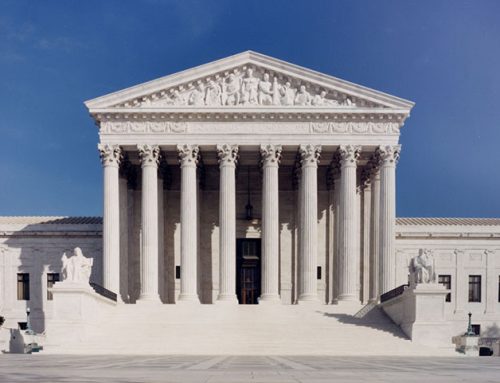Psilocybin Could Be Effective in Reducing Weight Gain New Study Shows
LOS ANGELES- Psychedelic company NeonMind announced that psilocybin can significantly reduce weight gain in obese patients by targeting visceral fat.
When paired with therapy, psilocybin, the hallucinogenic ingredient in magic mushrooms, has long been regarded to be effective in treating mental health disorders.
The entheogen is most recognized for being used as a depression treatment. However, research into the compound’s healing abilities is not confined to that; there is also research into whether the medication can treat PTSD, Alcohol Use Disorder, Generalized Anxiety Disorder, and other mental illnesses.
In the psychedelic war against mental illness, a new front has opened: eating problems and obesity.
NeonMind Biosciences (NASDAQ: NMDBF) presented data from a preclinical animal study on Wednesday, demonstrating “the efficacy of psilocybin in lowering weight gain in obese individuals.” The company had previously conducted a similar study in healthy animal volunteers, which indicated that the psychedelic lowered weight growth as well.
NeonMind discovered that psilocybin, or more particularly the company’s form of psilocybin, might target visceral fat. “Increased visceral fat is associated to poorer cardiometabolic health, and decrease in this type of fat is vital in weight loss and better overall health outcomes,” according to NeonMind.
NeonMind discovered a few more things in their latest study on obese animals:
Both absolute and relative weight gain were statistically significant when compared to the control group; efficacy was apparent within days of administration; food consumption was reduced when compared to the control group; and there were no negative safety signals.
In other words, psilocybin looked to be a safe and effective treatment for reducing weight gain in animal subjects. Of course, we’ll have to wait till the whole data set is revealed before drawing any conclusions. A article has been “submitted to a renowned industry peer-reviewed journal” and is currently being reviewed for publication, according to NeonMind.
To be clear, animal trials are the first and most important phase. Following the favorable results, human trials must be designed. The findings from this experiment, according to NeonMind, will help them advance two forms of psilocybin along the development pipeline: NEO-001 and NEO-002. One or both of these drugs should eventually reach Phase 1 clinical trials.
Other businesses and organizations are experimenting with psilocybin and other psychedelics to treat eating disorders. For example, Compass Pathways (Nasdaq: CMPS) plans to use their patented Comp-360 psilocybin to treat Anorexia Nervosa in a Phase 2 trial, thanks to an investigator-initiated study.
Similarly, Tryp Therapeutics (CSE: TRYP) (OTCQB: TRYPF) has started recruiting for their Phase 2 trial, in which they are seeking to treat Binge Eating Disorder with TRP-8802, their form of psilocybin. “The fundamental purpose of this clinical trial is to confirm that the neuroplasticity qualities of psilocybin can assist develop healthy neural connections that address the problematic eating patterns of individuals with binge eating disorders,” says their interim CEO, Jim Gilligan.
And, as I reported for Psychedelic Spotlight last week, the non-profit MAPS is experimenting using MDMA to treat a variety of eating problems. An investigation into the reduction of eating disorder symptoms in PTSD patients treated with MDMA therapy was just completed at the institution. While the results of that study were encouraging, they were far from conclusive. This year, MAPS wants to conduct an open-label Phase 2 research to see if MDMA-assisted therapy can help people with eating disorders.
These trials will hopefully generate encouraging findings, as there is a great need for eating problem treatments. Eating disorders, after opioid addiction, are the second-deadliest mental ailment, as I noted last week. The problem is massive, with 9 percent of the population in the United States projected to face one at some point in their lives. Sadly, 26 percent of Americans with eating disorders attempt suicide, with 10,200 people succeeding each year. One fatality occurs every 52 minutes.
If psilocybin and other psychedelics can be used as effective medicines to treat severe mental diseases, millions of people throughout the world may have hope.



































